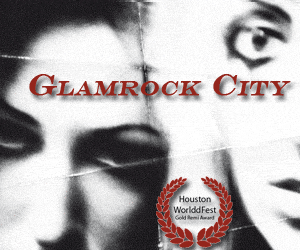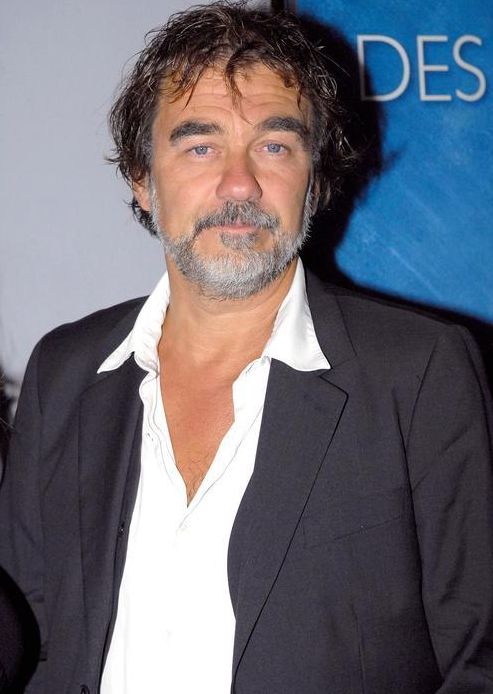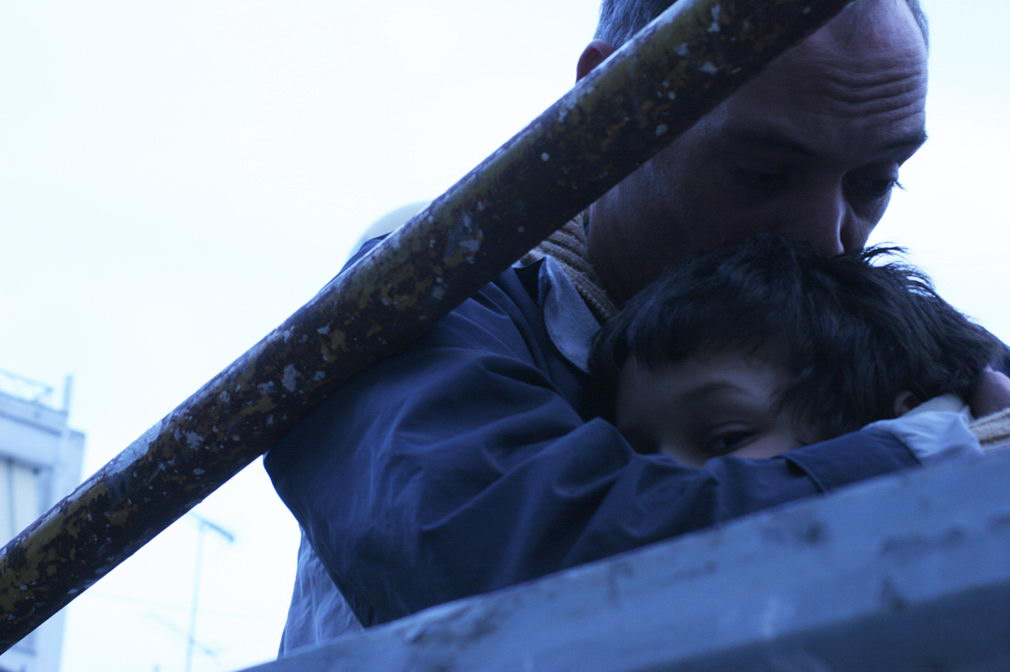12:30 p.m. on Saturday, November 1st @ ArcLight Hollywood 10
7:10 p.m. on Wednesday, November 5th @ Mann Chinese 6
Australia’s THREE BLIND MICE resurrects an old-fashioned, actor-centric style of film with both energy and honesty.
“I wanted to write a story about people, not politics,” says
director Matthew Newton, “a film that examines and celebrates just
three of the millions of men and women around the world who get up in
the morning and risk their lives defending their country.”
Its story covers quite a bit of ground in a mere 90 minutes, ranging
from family friction to the difficulties of navy life to the quest for
love. It’s an impeccably acted slice of life comedy that fits in quite
a few twists along the way and even asks some poignant questions about
military life. Those who love a good character film will see quite a
bit to like here. In fact, THREE BLIND MICE was awarded the prestigious
FIPRESCI PRIZE at the London Film Festival this week.
The
blind mice of the title are three off-duty naval officers: Sam, Dean,
& Harry. “I wanted every character, no matter how small, to
consider the whole film to be about them,” says Newton. The film opens
with the three of them in a hotel, clearly quite disappointed with the
room. Harry (played by the film’s director, Matthew Newton) rings up a
pimp to send some prostitutes to their room later, and the three of
them hit the town in the meantime. They’re on leave for one last night
before being shipped to fight in the Persian Gulf, and they’re going to
enjoy this night if it’s the last thing they do (or at least Harry
will).
Unfortunately, things don’t go quite so smoothly. In the process of
their activities, they fight with the duties of an officer, look for
true love, confront their families, and generally make an emotional
ruckus of the night. Harry looks for a good card game, some booze, and
maybe a girl. Dean has his fiancé’s family to attend to. However, when
both officers get what they want, the subject of Sam comes up. Sam has
suffered at the hands of his friends, and this event haunts the three
of them. Sam runs off with a pretty waitress and spills his guts to her
about his illegal plans. He pays a visit to his family, but more
complicated manners arise about his new rank. Despite all the plot
strands, things wraps up nicely in the end while leaving enough untied
that we genuinely care about the future fate of these characters.
Says Newton of his directorial style, “In the age of technical
wizardry and post modern deconstruction THREE BLIND MICE is an exercise
in extreme naturalism and a utilization of what I believe is still the
most powerful force in the world; the individual person.”
Among his influences, Newton lists the likes of Howard Hawks, Woody
Allen, Mike Leigh, and John Cassevetes, with the latter two having the
most noticeable impact on the film. The entire troupe seems to have
studied the films of Cassavetes closely, incorporating a similarly
improvisational style. Handheld cameras are employed in most cases,
with the occasional static master shot. However, despite the shaky
camera work, the film is edited in a way that is not headache-inducing
(as is the unfortunate case with many modern “cinema-verite” style
films). Directing from the angle of an actor, Newton’s clearly gone to
great lengths to ensure the entire production feels like real life.
Speaking of acting, this is one of the film’s greatest strengths.
Exercising great restraint, the three lead actors and the bevy of
supporting players keep their work unpretentious but heartfelt. Their
behavior is easy to swallow because they act with such honesty (a vital
trait for documentary-style filmmaking). Characters spit out dialogue
effortlessly, stylizing their words only enough that they communicate
character traits effectively.
“Although the film is tightly, specifically scripted, the actors had
freedom in the way they interpreted that script…What I am always
looking for is true behavior…” The camera most often centers in close
on the faces of these actors as they speak, but the facial expressions
are as believable as the dialogue. Subtlety of facial and verbal
communication is rare in film, and that these filmmakers have gotten it
right is quite a treat to behold.
By film’s end, we care about these people and what has transpired to
them. Some very unexpected twists emerge, and characters that seem
destined for one fate choose the opposite instead. It’s a highly
commendable effort worthy of an audience, and a very satisfying
character piece that should draw the attention of any Festival-goer in
search of solid character work.
31 October 2008
.filmbug { float: right; margin-left:6px; margin-bottom: 4px; padding:6px; background-color:#F6F075;}
By Cameron Koller
Special to the AFI Daily News
 chatelin bruno
chatelin bruno 



























